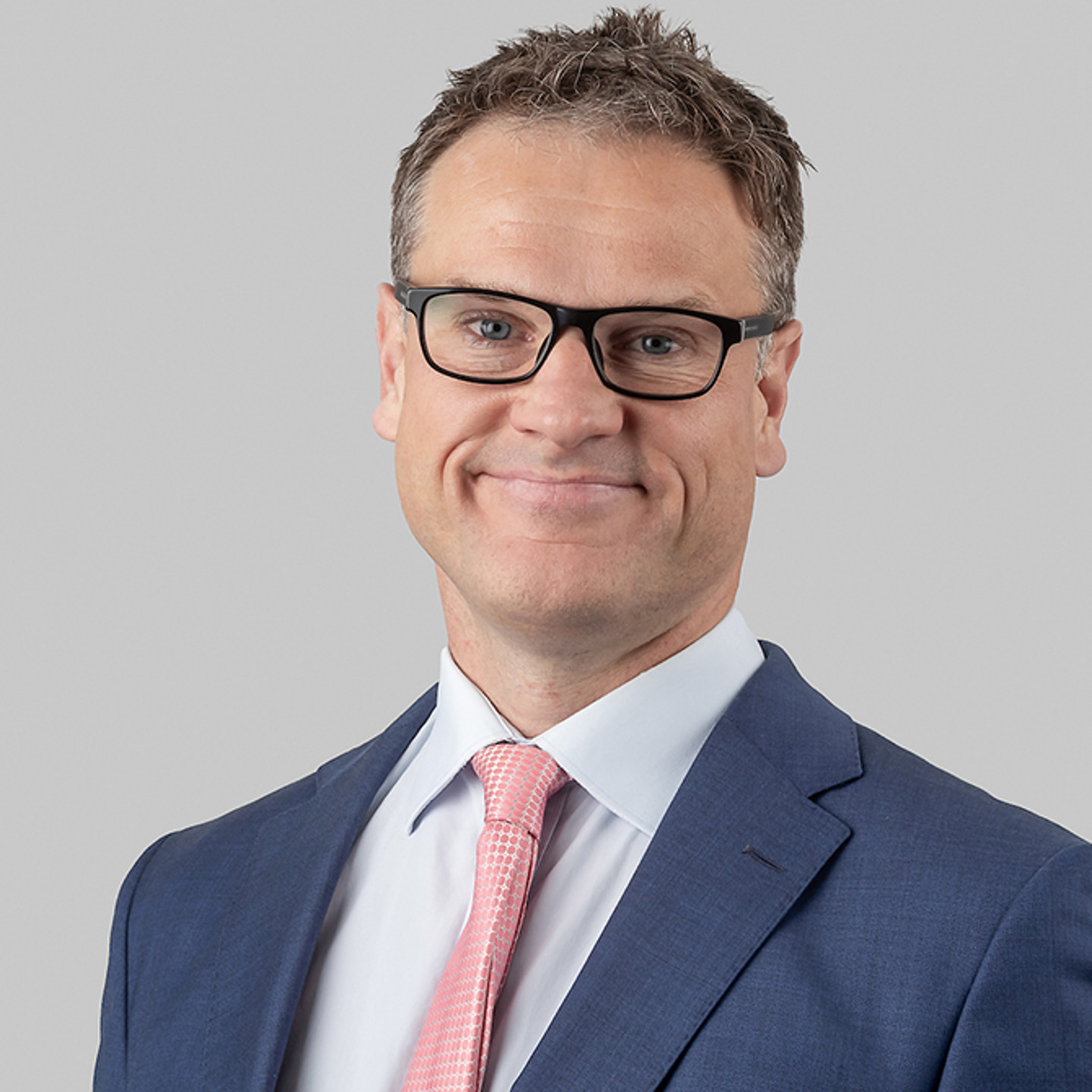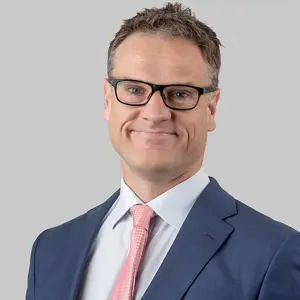
James Campbell
Partner | Legal
Jersey

James Campbell
Partner
Jersey
No Content Set
Exception:
Website.Models.ViewModels.Components.General.Banners.BannerComponentVm
It is not uncommon for families to hold some form of tangible or luxury assets within their investment portfolios. From vintage and rare cars to fine wines and art, such assets are frequently found within family structures. These assets may be purchased as an investment or simply as a lifestyle choice inspired by a particular interest.
The fact that Sotheby’s posted record art sales of US$7.3 billion in 2021 and that sale volumes of fine wine and watches both rose an impressive 16% through the year (Knight Frank Wealth Report, 2022) are testament to the fact that luxury and collectible assets remain a target for private investors.
However, with the much hyped "great wealth transfer" on the horizon – almost US$70 trillion is anticipated to be passed on in the coming years – and the next gen set to assume a greater role in family investment decisions – 70% of families identify a greater role for the next gen in family office activity in the coming years (Family Capital, 2022) – there are question marks over the role and place of such assets.
First, they are often emotionally attached to the family member who originally made the decision to invest, and it is possible – in fact, likely – that future generations may not share the same passions. Or worse, that they may actually conflict with their beliefs.
Second, luxury assets are not necessarily that good at generating returns, and future generations may want to explore how they can leverage more from those assets. However, pure investment return is not the only metric in today's investment world. Of considerable importance is the ESG factor, namely the positive, measurable social and environmental impact of any given investment.
So, what happens when the next gen (with their greater say on family activity and shifting values) are at odds with the values reflected in their family’s portfolio of tangible assets? What if fast cars, Picasso, and Burgundy are not to their taste?
Tangible assets can be fashionable and that also means they can become outmoded – what was seen as key to a family’s portfolio 20 years ago might seem outdated to the next gen.
Perhaps the biggest macro driver shaping the next gen's behaviours is the onward march of "purpose", incorporating ethical investing, a growing interest in sustainable finance and a weighting towards ESG. While the second is the increasing importance of "impact" in measuring performance and not just monetary value.
Research from PwC, for instance, highlights that 71% of next gen family business members recognise that their family business has a responsibility to fight climate change and its related consequences (PwC Global NextGen Survey 2022). In this light, it is possible to see how a luxury asset such as petrol-heavy vintage cars may not sit easily with next gen values driven increasingly by environmental awareness and responsibility.
However, this is more nuanced than a simple shift away from luxury assets. In fact, between February 2021 and February 2022, Gen Z and millennial luxury purchases made up 60% and 63% of total luxury market sales, respectively.
Equally, the next gen is highly focused on growth – expanding into new sectors and markets is the single biggest priority for the next gen, according to PwC.
This teases the dual question: how can families balance their growth objectives with their growing focus on sustainability, and what role can luxury assets play in that?
Against this backdrop, there has undoubtedly been an increased desire in recent years for advice on how luxury assets can be retained by a family but be "made to work" to fund projects of interest to the next gen, support its growth agenda, and provide an income where previously they had just accumulated a capital value in the family's portfolio of assets.
The reality is that balancing all of this is difficult but not impossible.
One possibility is that such assets can be retained and used as collateral for loans. For example, art collections with a material value can be secured to provide third party lending for the next gen to invest in other assets without selling the unique tangible assets that have meant so much to the current generation.
This takes careful planning and consideration, not least in respect of where the asset, in this case, an art collection, is situated and how it is secured. However, if everything aligns, this can be an effective way to ensure growth in value while preserving the original tangible assets.
A further avenue to explore focuses on redefining what is meant by luxury assets in a digital context.
The emphasis placed on technology by the next gen and their appetite for digital adoption is shifting the dial further when it comes to investment behaviours. A report by Klarna, for instance, revealed that more than six out of ten Gen Z and Millennials who have heard of the metaverse say they are interested in purchasing luxury goods through it.
The tokenisation of digital assets and "non-fungible tokens" (NFTs) go hand in hand here. 23% of millennials are already collecting NFTs, and there is every reason to believe that this provides an obvious route for next gen investors to balance their interest in luxury assets, digital capabilities and ambitions for growth.
From a trust and private client perspective, this is a rapidly developing but still fledgling area. Lots more work and clarity is needed on key legal issues surrounding ownership, succession planning and documentation. However, this is a direction of travel that offers considerable scope within the family and luxury asset investment space.
The structuring of luxury assets does not always sit well with long established trustee investment principles, namely to abide by the ordinary prudent business person test.
In Jersey, the general duty of care for trustees is expressed in Article 21(1) of the Trusts (Jersey) Law, 1984. This article provides that a trustee shall, in the execution of their duties and in the exercise of their powers and discretion, act with due diligence, as would a prudent person and to the best of their ability and skill. These duties cannot be contracted out of in the trust and apply at all times. However, a trustee's duty to preserve and enhance the trust fund's value, as stated in Article 21(3), may be carved out by the terms of the trust.
In these circumstances, how can trustees invest in luxury assets which are highly speculative or wasting?
A lot depends on the luxury asset class itself, as this is not always a class with a speculative or wasting nature (for example, the value of fine wine and classic cars has risen considerably in recent times). Diversification of the trust fund will remain a key factor, as will making sure the trust instrument itself recognises that the trust fund may, at least in part, be invested in speculative or wasting assets.
As with any trustee investment, a trustee must also monitor the performance of the luxury asset class. For bespoke situations, it may be appropriate for trustees to seek a specific release and indemnity from the settlor, adult beneficiaries, or both. There is nothing particularly new or novel with this approach. In fact, trustees have long had to deal with settlors and beneficiaries requesting that trust assets are invested in speculative investments or assets of a wasting nature.
Noting these investment duties trustees are often nervous about holding wasting or speculative assets. As such, foundations may become the preferred vehicle for these assets.
It is possible under the Foundations Law to establish a foundation specifically to hold these types of luxury assets. In doing so, the council (with its qualified member) will not be subject to the same trustee investment duties. Instead, the council’s duty (and ultimately, the guardian’s) is in these circumstances to ensure the object of the foundation (namely, the holding of the asset) is achieved. Other structuring options for speculative or wasting assets might include a limited liability company or a limited partnership.
The evolution of the luxury asset investment landscape poses several legal considerations and pragmatic challenges for private wealth practitioners. They need to ensure these asset classes are structured in a tax efficient way and should not underestimate their ongoing upkeep and maintenance burden.
As the role of luxury assets continues to evolve – whether to leverage finance to create a liquidity event or to sustain a growth trajectory through luxury asset investment in a digital context – from a trustee perspective, the concept of prudence and the need for specialist advice will remain vital.
Some of that will be in new areas, such as digital IP. But some of it will remain fundamentally as important as it is today. Well drafted trust instruments, good governance, well thought out letters of wishes and a robust family charter, for instance, will continue to play a pivotal role in setting out family values and bringing different voices to the table.
For bespoke situations, in particular, where trustees are investing trust assets in clearly speculative or wasting assets, releases and indemnities will likely continue to be valuable to ensure trustees are not exposed to claims for breach of investment duty. We may also see more use of limited liability companies, foundations, or limited partnerships to structure these assets as an alternative to trusts.
Ultimately, by taking a holistic perspective and drawing on the specific expertise of asset experts, families can align the widening interests of the next gen with the founding values of the family and ensure that those emotive luxury assets can continue to work for everyone.
Ogier is a professional services firm with the knowledge and expertise to handle the most demanding and complex transactions and provide expert, efficient and cost-effective services to all our clients. We regularly win awards for the quality of our client service, our work and our people.
This client briefing has been prepared for clients and professional associates of Ogier. The information and expressions of opinion which it contains are not intended to be a comprehensive study or to provide legal advice and should not be treated as a substitute for specific advice concerning individual situations.
Regulatory information can be found under Legal Notice
Sign up to receive updates and newsletters from us.
Sign up
No Content Set
Exception:
Website.Models.ViewModels.Blocks.SiteBlocks.CookiePolicySiteBlockVm